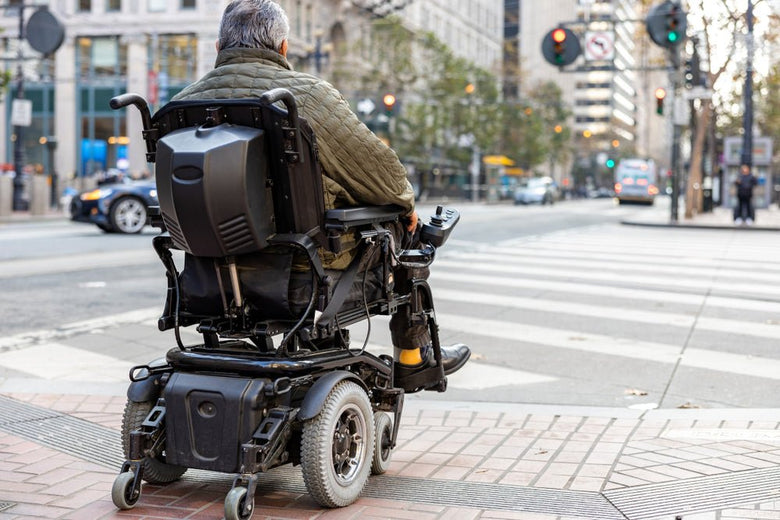The question of how do you treat the flu in the elderly is one that many caregivers and family members face each flu season. As people age, their immune systems weaken, making them more susceptible to illnesses like the flu. Hence, it is imperative to understand how to effectively manage and treat the flu in seniors to ensure their health and well-being.
In this article, we will delve into various methods and recommendations for treating the flu in the elderly, focusing on both at-home care and medical interventions. A comprehensive approach is crucial for faster recovery and prevention of complications.

Understanding the Flu in Elderly Individuals
The flu is a respiratory illness caused by influenza viruses. In elderly individuals, the impact of the flu can be more severe, leading to increased risks of complications such as pneumonia. Therefore, recognizing the symptoms early and starting treatment promptly is essential.
Symptoms of Flu in the Elderly
Common symptoms of the flu include fever, chills, muscle aches, and cough. However, in older adults, symptoms can often be confused with other ailments. It’s vital to be vigilant and ensure that these symptoms are not overlooked.
Signs that Require Immediate Medical Attention
If an elderly person experiences difficulty breathing, chest pain, sudden dizziness, or severe weakness, immediate medical attention is necessary. These could be signs of serious complications that require emergency care.
Preventative Measures
The best way to treat the flu is to prevent it in the first place. Annual flu vaccinations are recommended for all seniors and those who care for them. Keeping up with vaccinations not only reduces the severity of the flu but can also decrease the likelihood of contracting it.
Home Remedies for Flu Management
While professional medical advice is vital, there are various home remedies that can help alleviate flu symptoms in the elderly. Maintaining a warm, comfortable environment, ensuring adequate hydration, and offering warm soups can aid in faster recovery.
Importance of Rest
Rest is crucial for recovery, especially in older adults. Encouraging ample sleep and low physical activity helps the body fight the virus more effectively.
Medical Treatments Available
Antiviral medications might be prescribed by healthcare providers to help reduce the duration and severity of the flu. It’s important to consult with a healthcare professional before starting any medication.
Over-the-Counter Medications
Commonly used over-the-counter medications like acetaminophen can help manage symptoms such as fever and pain. However, one must proceed with caution due to the potential side effects and interactions with other medications.
Monitoring and Follow-up
Regular monitoring of the elderly patient’s condition is crucial. Follow-up with healthcare providers is essential to ensure ongoing assessment of their health and adjustment of treatments as necessary.
Importance of Nutrition
Good nutrition can greatly aid in the recovery process. Nutrient-rich foods and adequate fluid intake are key components of dietary considerations for seniors recovering from flu.
For more ways to support elderly health, check out this guide on ways to increase appetite in elderly.
The Role of Caregivers
Caregivers play an instrumental role in the recovery process. Their support in medication management, dietary adjustments, and symptom monitoring makes a significant difference.
When to Seek Home Care Services
In some situations, seeking professional home care services may be the best choice for elderly individuals with the flu. These services provide skilled nursing and assistance tailored to the needs of seniors.
For detailed information on caring for elderly individuals, consider visiting How to Care for An Elderly Person.
Choosing the Right Home Care
When deciding on home care services, its important to select providers who offer specific flu management plans and have experience working with elderly clients.
Supporting Seniors Emotionally
Flu can be challenging both physically and emotionally. Supporting seniors through kind words, patience, and understanding is essential for their overall wellbeing.
Social Activities While Recovering
Encourage socially engaging activities that do not exert too much energy, such as puzzle-solving or gentle arts and crafts, to keep spirits lifted during recovery.
Community Resources and Support Groups
Leveraging community resources and local support groups can be beneficial. These organizations often provide assistance specifically catered to elderly individuals dealing with flu and other health issues.
Long-term Health Strategies
Post-recovery, its crucial to continue focusing on health strategies that minimize future flu risks. This might include regular check-ups, maintaining a healthy lifestyle, and being informed about new flu strains and vaccines.
To understand more about elderly health and related guidance, visit treatment for dizziness at home.

Conclusion
Treating the flu in the elderly requires a multi-faceted approach encompassing both traditional medical treatments and supportive home care strategies. Understanding the unique needs of seniors ensures that they receive the best care possible during their recovery from the flu.
FAQ
Q1: What are the first steps when an elderly person catches the flu?
A: Immediate rest, increasing fluid intake, and consulting a healthcare professional for potential antiviral medication are recommended.
Q2: How can caregivers help elderly individuals prevent the flu?
A: Caregivers can assist by ensuring seniors are up-to-date on vaccinations, maintain good hygiene practices, and avoid contact with sick individuals.
Q3: Is professional home care necessary for treating elderly flu patients?
A: It depends on the severity of the condition. While mild cases may be managed at home, severe symptoms may require professional intervention for optimal care.
This article contains affiliate links. We may earn a commission at no extra cost to you.

